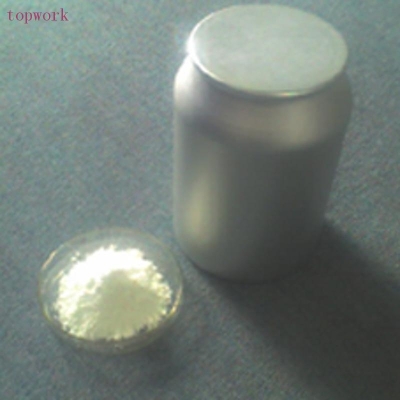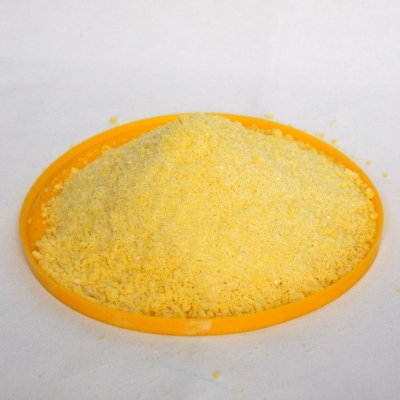-
Categories
-
Pharmaceutical Intermediates
-
Active Pharmaceutical Ingredients
-
Food Additives
- Industrial Coatings
- Agrochemicals
- Dyes and Pigments
- Surfactant
- Flavors and Fragrances
- Chemical Reagents
- Catalyst and Auxiliary
- Natural Products
- Inorganic Chemistry
-
Organic Chemistry
-
Biochemical Engineering
- Analytical Chemistry
-
Cosmetic Ingredient
- Water Treatment Chemical
-
Pharmaceutical Intermediates
Promotion
ECHEMI Mall
Wholesale
Weekly Price
Exhibition
News
-
Trade Service
This article is from NEJM Journal Watch
Semaglutide's Effect on Glycemia in Patients with Prediabetes and Obesity
Effect of semeglutide on blood glucose in obese pre-diabetic patients
Reviewed by Allan S.
Brett, MD
The drug is combined with lifestyle interventions to normalize blood glucose in most patients
.
In three industry-funded placebo-controlled randomized trials, weekly injections of semeglutide (target dose 2.
4 mg) significantly reduced weight in overweight or obese patients without diabetes (NEJM JW Gen Med Mar 15 2021 and N Engl J Med 2021 384; 989; NEJM JW Gen Med Apr 1 2021 and JAMA 2021; 325:1403; JAMA 2021; 325:1414)
。 Nearly half (about 1,500 people) of the participants were pre-diabetic, and the rest had normal blood sugar
.
In a post-hoc analysis, the investigators sought to determine the proportion
of participants who were pre-diabetic at baseline with normal blood glucose (i.
e.
, glycosylated hemoglobin [HbA1c] <5.
7% or blood glucose <100 mg/dL) at the end of the trial.
Of note, participants in both the semeglutide and placebo groups received lifestyle interventions (from monthly counseling to intensive behavioral therapy).
<b21> At 68 weeks, in the three trials, 84%~89% of pre-diabetic participants in the semeglutide group turned to normal blood glucose
.
The above proportion in the placebo group was lower than that in the semeglutide group, but it also reached a fairly high level (48%~70%)
.
comments
Semeglutide (using approved weight-reducing doses) combined with lifestyle interventions normalizes blood glucose in most patients with prediabetes
.
However, improvements in blood glucose levels in the control group suggest that lifestyle interventions are the main reason
for achieving these effects.
Overall, these findings are promising, but we need to further understand the safety of semeglutide during long-term treatment in obese pre-diabetic patients, as well as its effects
on metabolism.
Articles that were commented on
Perreault L et al.
Changes in glucose metabolism and glycemic status with once-weekly subcutaneous semaglutide 2.
4 mg among participants with prediabetes in the STEP program.
Diabetes Care 2022 Oct; 45:2396.
(https://doi.
org/10.
2337/dc21-1785)
A collection of NEJM journals
NEJM Journal Watch is published by NEJM Group, inviting internationally renowned doctors to review important papers in the field of medicine and help doctors understand and apply the latest progress.
"NEJM Medical Frontiers" is translated several times a week, published on the app and official website, and 2-3 selected articles are published
on WeChat.
Copyright InformationThis article was translated, written or commissioned by Jiahui Medical Research and Education Group (J-Med) in collaboration with the New England Journal of Medicine (NEJM) for NEJM Medical Frontiers
.
The full text of the Chinese translation and the figures contained therein are exclusively licensed
by NEJM Group.
If you want to reprint, please leave a message or contact nejmqianyan@nejmqianyan.
cn
.
Unauthorized translation is an infringement and the copyright owner reserves the right to
pursue legal liability.







